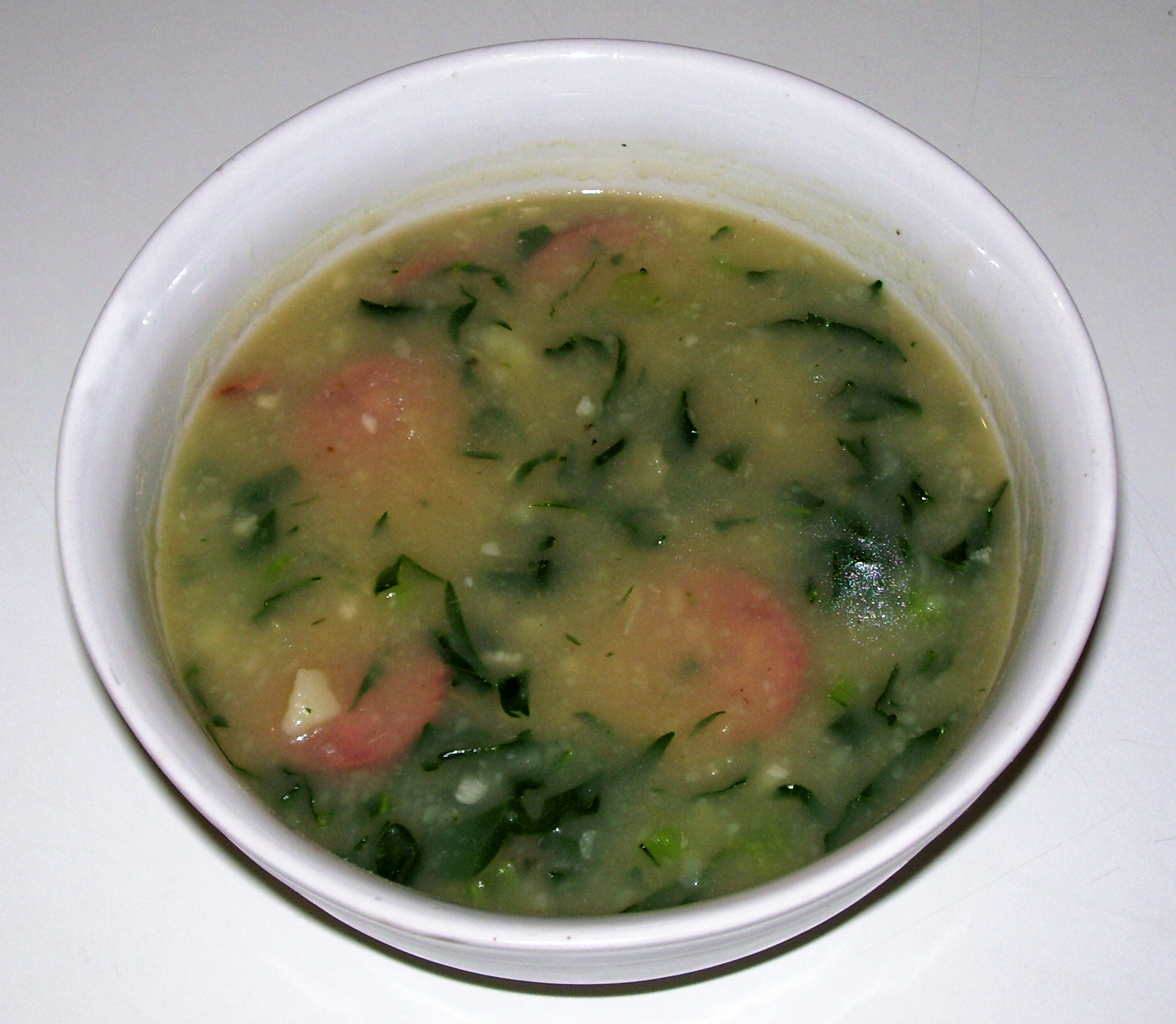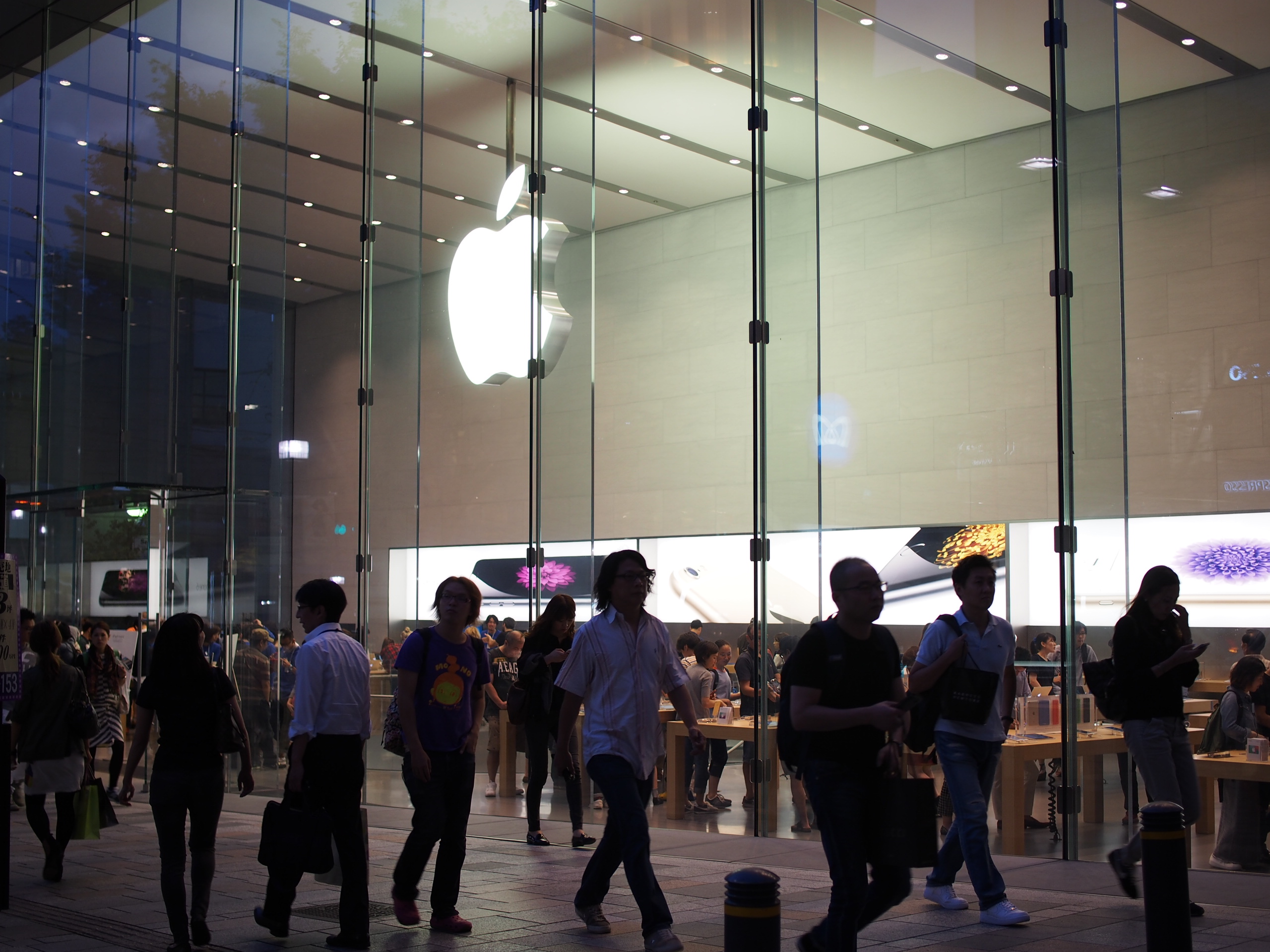|
Probar
Probar - Indústria Alimentar, SA is a Portuguese company headquartered in Coimbra, which produces cold meat products. Its products include a wide range of processed meat, like sausages, smoked meats, sliced and wafer thin meats, fresh sausages and ready meals, and barbecue sausages, as well as dry, cooked, and chopped hams. It was formerly known as Probar – Companhia de Produtos Alimentares Barreiros, S.A. and changed its name to Probar - Indústria Alimentar, SA in March 2003. Probar was founded in 1967 in Coimbra, Portugal. See also * |
Coimbra
Coimbra (, also , , or ), officially the City of Coimbra (), is a city and a concelho, municipality in Portugal. The population of the municipality at the 2021 census was 140,796, in an area of . The fourth-largest agglomerated urban area in Portugal after Lisbon Metropolitan Area, Lisbon, Porto Metropolitan Area, Porto, and Braga, it is the largest city of the Coimbra (district), district of Coimbra and the Centro Region, Portugal, Centro Region. About 460,000 people live in the Região de Coimbra, comprising 19 municipalities and extending into an area of . Among the many archaeological structures dating back to the Roman Empire, Roman era, when Coimbra was the settlement of Aeminium, are its well-preserved aqueduct (watercourse), aqueduct and cryptoporticus. Similarly, buildings from the period when Coimbra was the capital of Portugal (from 1131 to 1255) still remain. During the late Middle Ages, with its decline as the political centre of the Kingdom of Portugal, Coimbra beg ... [...More Info...] [...Related Items...] OR: [Wikipedia] [Google] [Baidu] |
Economy Of Portugal
The economy of Portugal is ranked 37th in the World Competitiveness Ranking 2025 by Swiss institute IMD. The great majority of the international trade is done within the European Union (EU), whose countries received 71.4% of the Portuguese exports and were the origin of 74.6% of the Portuguese imports in 2020. The Portuguese currency is the euro (€) and the country has been a part of the Eurozone since its inception. Portugal's central bank is the ''Banco de Portugal'', which forms part of the European System of Central Banks, and the major stock exchange is the Euronext Lisbon. Among OECD nations, Portugal has a highly efficient and strong social security system; social expenditure stood at roughly 24.6% of GDP. The Portuguese economy has a GDP growth forecast in 2025 of 2%, according to the IMF World Economic Outlook. The economy's growth has been accompanied by a continuous fall in the unemployment rate (6.3% in the first quarter of 2019, compared with 13.9% registered in ... [...More Info...] [...Related Items...] OR: [Wikipedia] [Google] [Baidu] |
Businessweek
''Bloomberg Businessweek'', previously known as ''BusinessWeek'' (and before that ''Business Week'' and ''The Business Week''), is an American monthly business magazine published 12 times a year. The magazine debuted in New York City in September 1929. Since 2009, the magazine has been owned by Bloomberg L.P. and became a monthly in June 2024. History 1929–2008: ''Businessweek'' ''The Business Week'' was first published based in New York City in September 1929, weeks before the stock market crash. The magazine provided information and opinions on what was happening in the business world at the time. Early sections of the magazine included marketing, labor, finance, management and Washington Outlook, which made it one of the first publications to cover national political issues that directly impacted the business world. The name of the magazine was shortened to ''Business Week'' in 1934. Originally published as a resource for business managers, the magazine shifted its s ... [...More Info...] [...Related Items...] OR: [Wikipedia] [Google] [Baidu] |
Agriculture In Portugal
Agriculture in Portugal is based on small to medium-sized family-owned dispersed units; however, the sector also includes larger-scale intensive farming export-oriented agrobusinesses backed by companies (like Grupo RAR's Vitacress, Sovena, Lactogal, Vale da Rosa, Companhia das Lezírias and Valouro). The extent of cooperative organisation has been reaching a greater importance with globalization. Portugal produces a wide variety of products, including green vegetables, rice, corn, wheat, barley, olives, oilseeds, nuts, cherries, bilberry, table grapes and edible mushrooms. Forestry has also played an important economic role among the rural communities and industry (namely the paper industry that includes Portucel Soporcel Group, the engineered wood industry that includes Sonae Indústria, and the furniture industry that includes several manufacturing plants in and around Paços de Ferreira, the core of Portugal's major industrial operations of IKEA). In 2013, the gr ... [...More Info...] [...Related Items...] OR: [Wikipedia] [Google] [Baidu] |
Charcuterie
Charcuterie (, , also , ; ; from , and ) is a branch of French cuisine devoted to prepared meat products, such as bacon, ham, sausage, Terrine (food), terrines, ''galantines'', ''ballotines'', ''pâtés'', and ''confit'', primarily from pork. Charcuterie is part of the ''garde manger'' chef's repertoire. In larger restaurants, a dedicated specialist known as a ''charcutier'' may prepare charcuterie instead of the ''garde manger''. Originally intended as a way to preserve meat before the advent of refrigeration, meats are prepared today for their flavors derived from the preservation processes.Ruhlman, 19. Terminology The French word for a person who practices charcuterie is . The etymology of the word is the combination of ''chair'' and ''cuite'', or cooked flesh. The Herbsts in ''Food Lover's Companion'' say, "it refers to the products, particularly (but not limited to) pork specialties such as , etc., which are made and sold in a delicatessen-style shop, also called a ''charcut ... [...More Info...] [...Related Items...] OR: [Wikipedia] [Google] [Baidu] |
Portuguese Cuisine
Portuguese cuisine () consists of the traditions and practices of cooking in Portugal. The oldest known book on Portuguese cuisine, entitled ''Livro de Cozinha da Infanta D. Maria de Portugal'', from the 16th century, describes many popular dishes of meat, fish, poultry and others. ''Culinária Portuguesa'', by António-Maria De Oliveira Bello, better known as Olleboma, was published in 1936. Despite being relatively restricted to an Atlantic Ocean, Atlantic, Celtic sustenance, the Portuguese cuisine also has strong French cuisine, French and Mediterranean cuisine, Mediterranean influences. The influence of Portugal's spice trade in the Portuguese East Indies, East Indies, Africa, and the Americas is also notable, especially in the wide variety of spices used. These spices include ''piri piri'' (small, fiery chili peppers), white pepper, black pepper, saffron, paprika, clove, allspice, cumin, cinnamon and nutmeg, used in meat, fish or multiple savoury dishes from Continental Po ... [...More Info...] [...Related Items...] OR: [Wikipedia] [Google] [Baidu] |
Brand Name Meats
A brand is a name, term, design, symbol or any other feature that distinguishes one seller's goods or service from those of other sellers. Brands are used in business, marketing, and advertising for recognition and, importantly, to create and store value as brand equity for the object identified, to the benefit of the brand's customers, its owners and shareholders. Brand names are sometimes distinguished from Generic brand, generic or store brands. The practice of branding—in the original literal sense of marking by burning—is thought to have begun with the ancient Egyptians, who are known to have engaged in livestock branding and branded slaves as early as 2,700 BCE. Branding was used to differentiate one person's cattle from another's by means of a distinctive symbol burned into the animal's skin with a hot branding iron. If a person stole any of the cattle, anyone else who saw the symbol could deduce the actual owner. The term has been extended to mean a strategic person ... [...More Info...] [...Related Items...] OR: [Wikipedia] [Google] [Baidu] |
Meat Companies Of Portugal
Meat is animal tissue, often muscle, that is eaten as food. Humans have hunted and farmed other animals for meat since prehistory. The Neolithic Revolution allowed the domestication of vertebrates, including chickens, sheep, goats, pigs, horses, and cattle, starting around 11,000 years ago. Since then, selective breeding has enabled farmers to produce meat with the qualities desired by producers and consumers. Meat is mainly composed of water, protein, and fat. Its quality is affected by many factors, including the genetics, health, and nutritional status of the animal involved. Without preservation, bacteria and fungi decompose and spoil unprocessed meat within hours or days. Meat is edible raw, but it is mostly eaten cooked, such as by stewing or roasting, or processed, such as by smoking or salting. The consumption of meat (especially red and processed meat, as opposed to fish and poultry) increases the risk of certain negative health outcomes including cancer, coron ... [...More Info...] [...Related Items...] OR: [Wikipedia] [Google] [Baidu] |
Food And Drink Companies Established In 1967
Food is any substance consumed by an organism for nutritional support. Food is usually of plant, animal, or fungal origin and contains essential nutrients such as carbohydrates, fats, proteins, vitamins, or minerals. The substance is ingested by an organism and assimilated by the organism's cells to provide energy, maintain life, or stimulate growth. Different species of animals have different feeding behaviours that satisfy the needs of their metabolisms and have evolved to fill a specific ecological niche within specific geographical contexts. Omnivorous humans are highly adaptable and have adapted to obtaining food in many different ecosystems. Humans generally use cooking to prepare food for consumption. The majority of the food energy required is supplied by the industrial food industry, which produces food through intensive agriculture and distributes it through complex food processing and food distribution systems. This system of conventional agriculture relies he ... [...More Info...] [...Related Items...] OR: [Wikipedia] [Google] [Baidu] |
Organisations Based In Coimbra
An organization or organisation (Commonwealth English; see spelling differences) is an entity—such as a company, or corporation or an institution (formal organization), or an association—comprising one or more people and having a particular purpose. Organizations may also operate secretly or illegally in the case of secret societies, criminal organizations, and resistance movements. And in some cases may have obstacles from other organizations (e.g.: MLK's organization). What makes an organization recognized by the government is either filling out incorporation or recognition in the form of either societal pressure (e.g.: Advocacy group), causing concerns (e.g.: Resistance movement) or being considered the spokesperson of a group of people subject to negotiation (e.g.: the Polisario Front being recognized as the sole representative of the Sahrawi people and forming a partially recognized state.) Compare the concept of social groups, which may include non-organiza ... [...More Info...] [...Related Items...] OR: [Wikipedia] [Google] [Baidu] |





